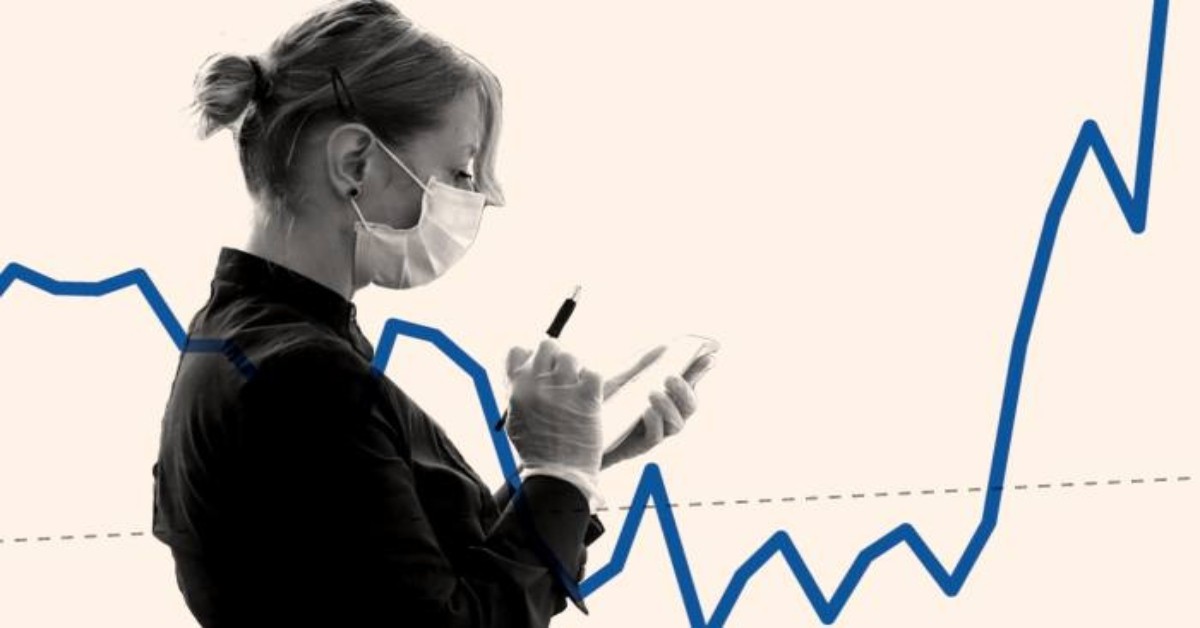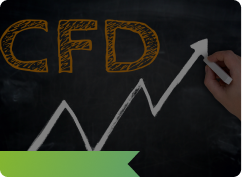Stocks are down, concerns are up!
As time pass, inflation concerns look more real and effective. After yesterday's gains, today almost all leading indices all around the globe, losing all that they could recover in past days. Nikkie in the Asian market along with Hang Seng in a closing Shanghai day lost 1% and 0.6% respectively, while German DAX in EU with 2.3% lose, leading the way. Footsie in London and CAC 40 in France also losing 1.8% and 2.2% respectively.
In the past days and weeks, we have had serious concerns about energy in the most developed economies, including power shortages in China. This energy shortage, in line with the labor shortage, increasing the producer prices and highlighting the Stagflation worries, which ended with a sharp increase in the Bond Markets as well. The yield on the 10-year German benchmark bond rose as high as -0.168%, which is the highest level since May, while UK Gilts yields rose to 1.117%, their highest in over two years. Today US 10-year Bond yields also passed their last week's peak at 1.55%.
In the United States, after months of warning by market participants, finally last week Mr. Powell somehow accepted that inflation concerns are a bit higher than the earlier estimates and should take a bit more seriously, however again he emphasized that the US Central bank have all needed tools to control the situation if needed. After Mr. Powell, it was Mrs. Yellen's turn to talk about the inflation situation. Treasury Secretary Janet Yellen on Tuesday that Inflation for the next seven months will be staying higher, and then inflationary pressures likely will let up eventually “but that doesn’t mean they’ll go away over the next several months.”
Fed officials often used to use the “transitory” word to describe the current higher inflation, which is at its 30-year high, according to FED preferred gauge. However, the “transitory” word has been using less in the past weeks and estimates for 2022 increased to 2.8% from earlier 2.3% estimates.
As a reaction, earlier today RBNZ leading the global monetary tightening cycle by increasing the interest rates by 25 basis points to 0.5%. Iceland already followed the same method, raising its benchmark rate to 1.50% from 1.25%. Market expectation is to see the same path in other developed economies as well.
This reaction in the short term cannot be positive for the markets, however, in the mid and long term, it can be supportive, because less dovish policies, means that economy is improving by itself with no help from central banks and government, which is a positive signal.


















